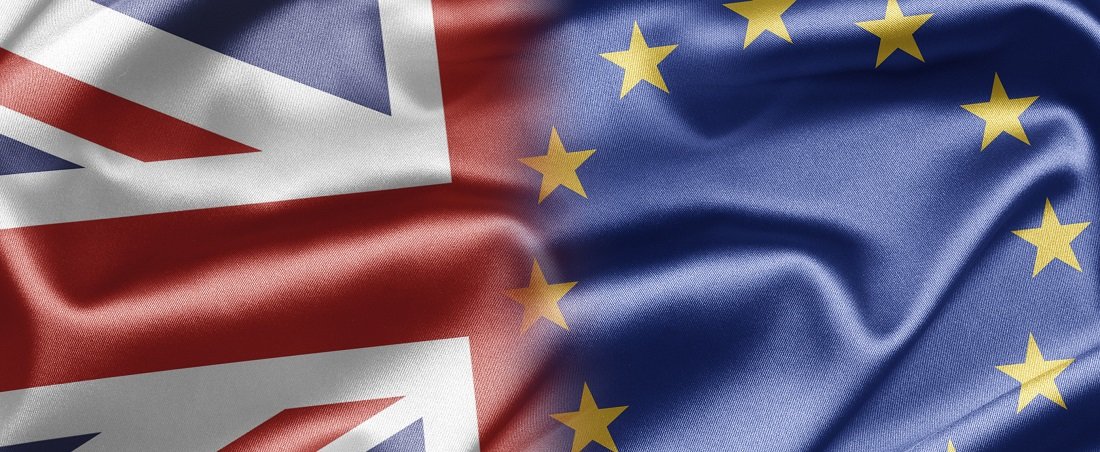In many ways a hung parliament is the very worst possible outcome for the UK’s Brexit negotiations. Like everything else, Brexit has been flung into uncertainty, and there are now many many questions.
The first question chronologically is whether or not negotiations can realistically commence in formal terms on 19 June. There are hints overnight from Brussels that it might be necessary to delay. That outcome will irk Berlin and Paris no end. They – along with other EU counterparts – feel that they have already been waiting long enough to get on with this negotiation which they feel is hanging over their heads. They’ve already had to wait for the PM to invoke Article 50 … and then for the UK to hold an election … and now this. French PM Macron and German Europe Minister Roth have both issued statements this morning indicating that the Article 50 process should continue as planned, regardless of the result in the UK.
On the other hand, there are some European voices already now calling for a pause or a time-out in the negotiations. It should be in the interests of nobody to hold the UK to a timetable solely for the sake of it.
European Commission Juncker on the other hand has so far steadfastly avoided commenting on the UK’s election outcome, instead pressing ahead with strengthening the EU’s defence cooperation (and aiming to maintain EU unity, by showing the Union can deliver).
So here’s where it gets complicated legally, as well as politically. Is a pause possible, and if so how, and until when? Is an extension to the negotiating period, requested by the UK and agreed to by the 27 EU Member states, the right route? Or would rescinding the Article 50 letter, to be reissued once a government commands a majority, be an option? Can the British privately persuade France and Germany that it is in everyone’s interests to find a way to make a time out work? Remember though that there are strong voices on both sides in the UK, and in the new Parliament. That gives the PM very little wriggle room in either direction on this. And we already have a trend in the UK of using the courts to challenge decisions around Article 50. Remember Gina Miller and the Supreme Court hearing?
In the longer term, the big question is what kind of Brexit is now on the cards. The voting pattern across the UK indicates a rejection by voters of a so-called hard Brexit. David Davis himself said in the days before the election that he and the Conservatives were putting to the electorate the choice of a UK coming out of the single market and the customs union and it would be up to the people to decide. It seems they have. So perhaps the interest in that type of deal has weakened here in the UK.
But by throwing the country into political chaos with a hung parliament, the likelihood of getting one has potentially increased. Although the substance of the Brexit negotiations remains unchanged, the atmospherics of the negotiation – which are critical – have shifted irrevocably. This PM, perhaps in charge of a very weak minority government, cannot be taken seriously in Brussels as a tough negotiator with the people behind her. That means she will find it very difficult, if not impossible, to deliver a good deal for the UK (even if she survives) … and potentially makes a deal in Brussels’ interest more likely and easier for them to deliver.
On the other hand, although the pathway isn’t clear, there are those who hope that this offers a window of opportunity to review the UK’s decision to exit the EU. Younger people are more energised than they were last year (evidenced by their voter turnout), hard Brexiteers haven’t necessarily all done well in this election and some of the more moderate voices may find renewed vigour.

